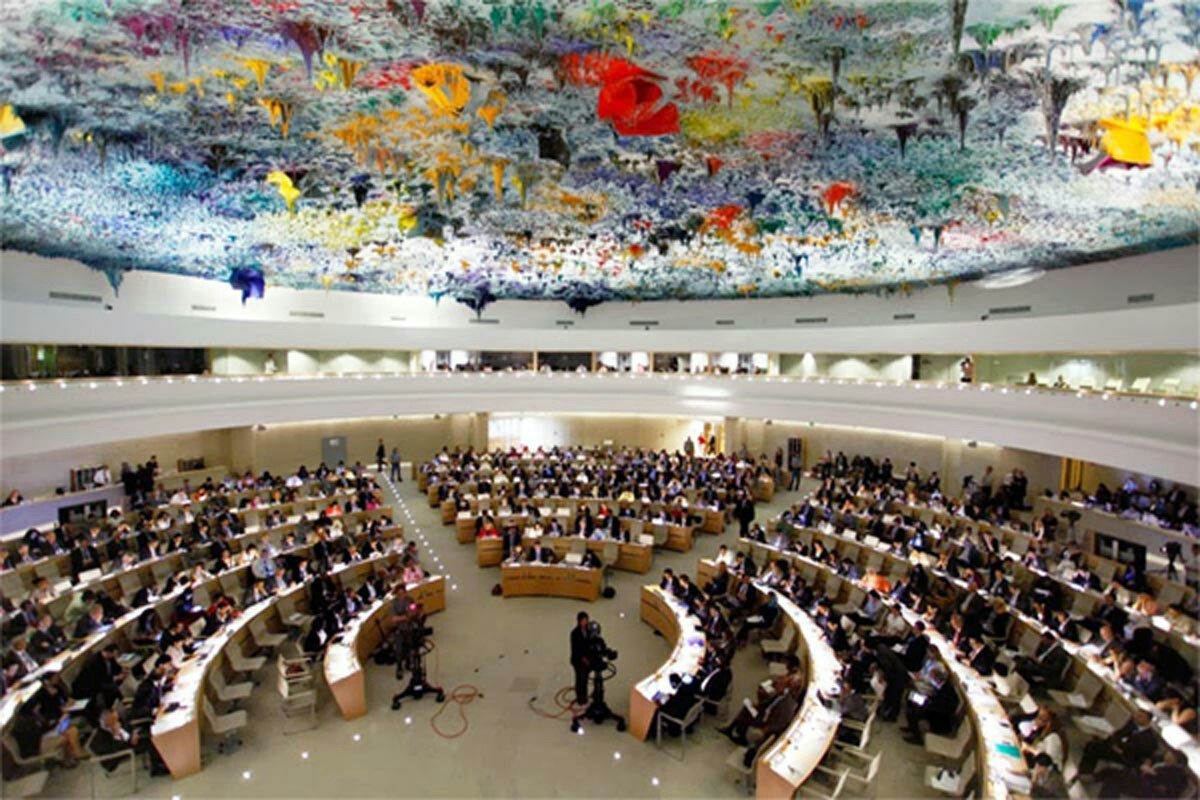Maldives withdraws candidacy for UN Human Rights Council
The permanent mission to the UN in Geneva said the Maldives deferred its candidacy for a later term “in the spirit of regional solidarity and in an effort towards achieving consensus within the Asia Pacific Group”.

06 Jul 2017, 09:00
The Maldives has withdrawn its candidacy for a third term on the United Nations Human Rights Council ahead of the election for the council’s 2018-2020 term at the UN General Assembly in September.
The permanent mission to the UN in Geneva said the Maldives deferred its candidacy for a later term “in the spirit of regional solidarity and in an effort towards achieving consensus within the Asia Pacific Group”.
The UNHRC is an intergovernmental body responsible for promoting human rights with 47 members elected to three-year terms. The Maldives was due to compete for one of four seats on the council along with Afghanistan, Malaysia, Fiji, Nepal, Pakistan and Qatar.
“Given our leadership role as Chair for AOSIS [Alliance of Small Island States] representing all Small Island Developing States, and our leading the Asia-Pacific Group in Geneva, we felt that exercising responsible multilateralism was prudent and necessary,” Jeffrey Salim Waheed, the deputy permanent representative in Geneva, told the Maldives Independent.
Become a member
Get full access to our archive and personalise your experience.
Already a member?
Discussion
No comments yet. Be the first to share your thoughts!
No comments yet. Be the first to join the conversation!
Join the Conversation
Sign in to share your thoughts under an alias and take part in the discussion. Independent journalism thrives on open, respectful debate — your voice matters.




